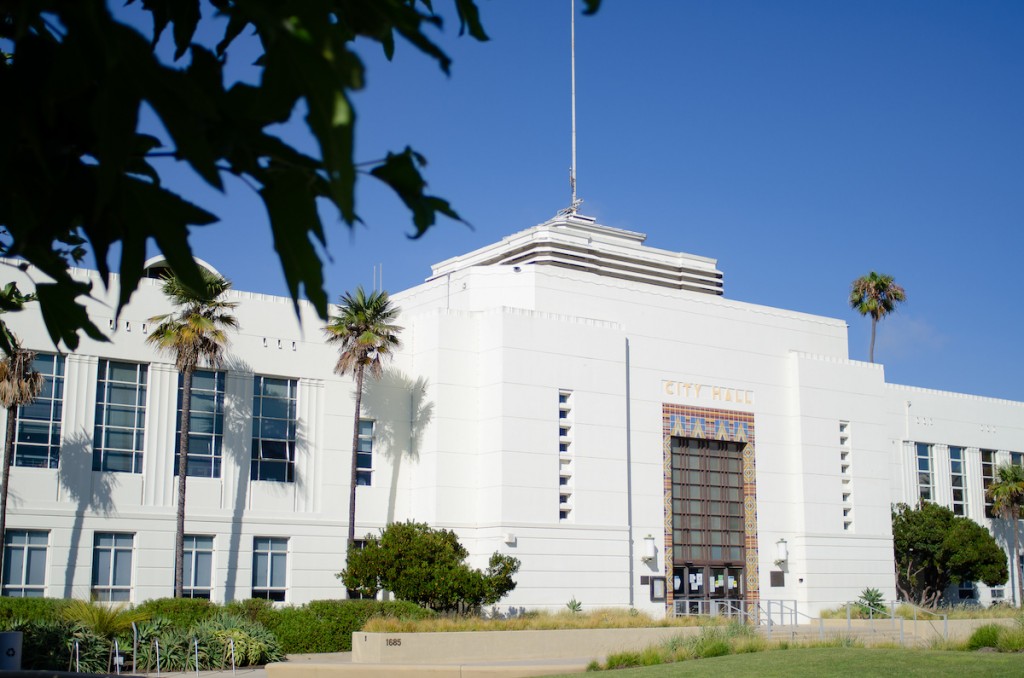“SaMo Bridge” Will Provide Officers a Way to Connect Individuals With Services Such as Mental Health Treatment, Substance Abuse Support, and Housing Resources
Santa Monica has been awarded nearly $8 million in grant funding to launch SaMo Bridge, a new diversion program designed to address public safety and homelessness through rehabilitation rather than incarceration.
The grant, awarded to the Santa Monica City Attorney’s Office in collaboration with the Police and Housing and Human Services departments, will fund initiatives aimed at diverting low-level offenders away from the criminal justice system and toward support services.
The Santa Monica City Council approved the grant at its meeting on Tuesday, authorizing the city manager to accept the funds and execute the necessary agreements.
SaMo Bridge aims to provide law enforcement with an alternative to arrest by connecting individuals with services such as mental health treatment, substance abuse support, and housing resources.
“We are working hard to leverage outside resources and find alternate resolutions to end the underlying conditions that result in criminal behavior,” said Jenna Grigsby, Chief Deputy City Attorney for the Criminal Prosecution Unit, in a release.
A key feature of SaMo Bridge is a 24/7 “respite hub,” where individuals who would otherwise face arrest or citation can be brought to receive immediate care. Once there, they will be connected with case managers for a “warm handoff” to ensure they receive needed services.
Participants in the program will enroll in 90-day care coordination plans, which include access to regional treatment programs and housing services. Upon successful completion, the City Attorney’s Office will dismiss any citations or pending cases.
The initiative expands on existing diversion programs in Santa Monica, including STEP Court and the Retail Theft Diversion Program, which also focus on addressing underlying issues like mental health and addiction. Police Chief Ramon Batista emphasized the importance of early intervention, saying, “We need to get these individuals out of the environment that is feeding their problem and connect them with case managers and service providers.”
SaMo Bridge is funded by Proposition 47, a state initiative that directs savings from reduced prison spending toward programs that address mental health, addiction, and housing for justice-involved individuals.












